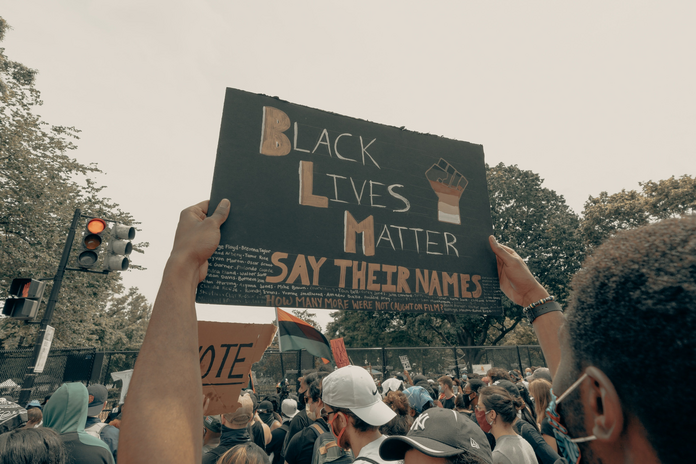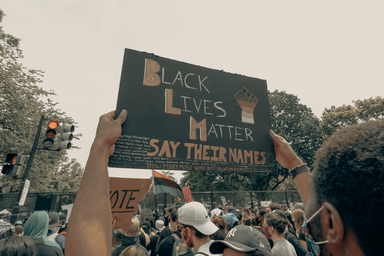After George Floyd’s murder rekindled the Black Lives Matter movement around the world, social media flooded with infographics and resources about systemic racism and solutions for it.
Over and over, I saw posts saying, “Educate your family members” or “Have the tough conversations at home.” It’s an absolutely valid point, and it’s vital for our Miami community.
Miami is unique considering it is a major east coast city inhabited by mostly minorities, but still has a significant group of conservative voters. These are often Hispanic immigrants who have come from countries such as Cuba and Venezuela, looking for an alternative to their socialist regimes.
This is the case for most of my dad’s side of the family, who fled the communist regime in the 1980s. Even though Democrats in the United States are usually a far cry from communist, many immigrants in Miami see them and their policies as too leftist, even those unrelated to the economy, even those related to human and civil rights.
For a while, my sisters and I had these “tough” conversations with our parents and grandparents. These discussions were not only focused on racism but also other forms of oppression and injustices, and almost all devolved into yelling and crying.
These discussions usually start with an offhand comment that I think is ignorant or offensive. So when I explain my opinion, it becomes clear that our different perspectives are never going to let us agree.
Having grown up in the U.S. and read about systemic racism, I know that every institution in the country and practically in the world has foundations in racism and oppression. My family, on the other hand, does not try to understand these deep-rooted issues, only seeing surface-level problems. This inherent difference in our points of view means they will never see things my way, even though “my way” is generally accepted as reality.
I still think having civilized conversations with people who do not share your opinion is vital because that is the key to becoming more open-minded and accepting. Educating those around you when you have a more informed understanding of these situations is the only way anybody can learn and grow.
All that said, I will be living in my house for at least another year, and I’ve realized there is no use trying to discuss these issues every so often just to be yelled at and interrupted by my parents, with the argument ending the same way it started. I would rather spend my time and energy informing people who genuinely want to learn and are open to different perspectives.
There are a million ways to make a change by voting, fundraising, donating and spreading awareness about important issues. It is not a failure to decide not to engage in these debates at home, especially if it will affect your mental health or safety.



